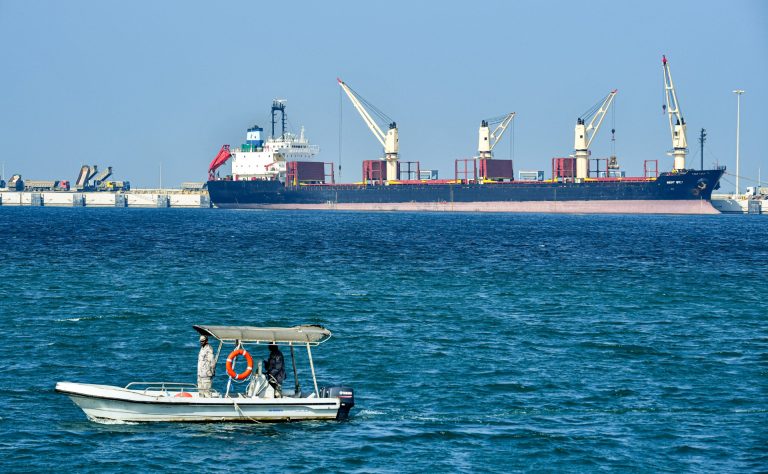Riyadh – Saudi Arabia will continue its oil production cut by one million barrels per day (bpd) until December 2023, maintaining its strategy to support prices, the Saudi Ministry of Energy announced on Tuesday (5).
Cuts in production by the world’s largest oil exporter were announced in June, following an OPEC+ meeting, and came into force in July. OPEC+ is a group that brings together members of the Organization of the Petroleum Exporting Countries (OPEC) and its allies, a conglomerate led by Saudi Arabia and Russia.
“The kingdom’s production for October, November, and December will be around nine million bpd,” said the Ministry. The strategy “will be reviewed monthly to consider deepening the cut or increasing production,” it stated. According to Saudi Arabia, this policy aims to “support the stability and balance of oil markets.”
This Tuesday’s announcement was made on the same day Russia stated it would sustain the cut of its oil exports by 300,000 barrels until the end of the year.
The Saudi move follows a decision taken in April by several OPEC+ members to slash their production voluntarily by over a million bpd. This move briefly buttressed prices but failed to bring about lasting recovery.
At around 1:45 pm GMT this Tuesday, November’s North Sea Brent crude futures rose 1.46% to USD 90.30 a barrel, surpassing USD 90 for the first time since November 2022.
Saudi production
Daily production by the world’s biggest crude exporter is approximately nine million bpd, far below its reported daily capacity of 12 million bpd.
In August, Saudi oil giant Aramco declared profits of USD 30.08 billion in the second quarter, a 38% decline compared to the same period in 2022, when prices soared following Russia’s invasion of Ukraine.
This drop in profits “mainly reflected the impact of lower crude oil prices and weakening refining and chemicals margins,” said the company, the main driver of the Saudi economy.
Saudi Arabia owns 90% of Aramco shares and relies mainly on oil to finance Crown Prince Mohammed bin Salman’s ambitious Vision 2030 program, which includes economic and social reforms to limit the country’s dependence on its black gold.
Any reproduction of this content is prohibited
Translated by Elúsio Brasileiro




